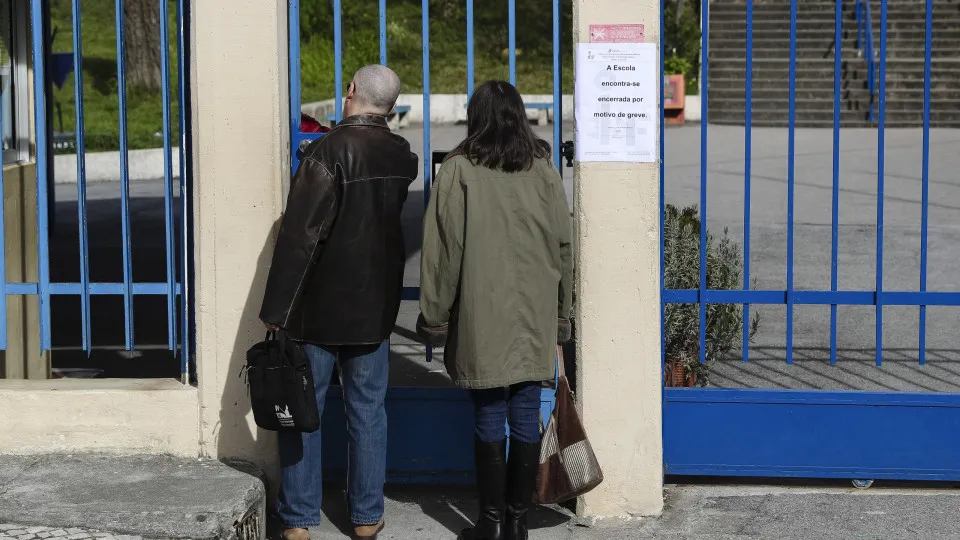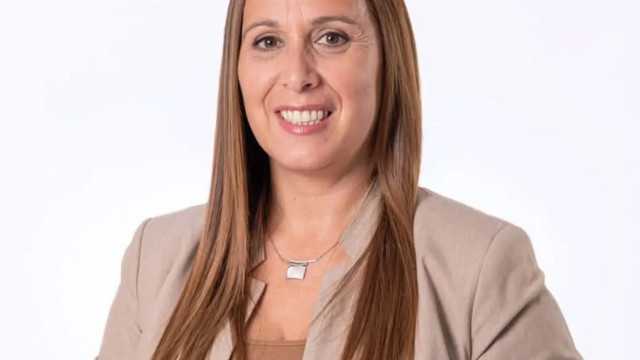
Participation is expected from teachers, educators and school assistants, doctors, nurses and healthcare assistants, public transport workers, inspectors and tax officials, judicial employees, among others.
The demands for increased wages, career advancements, re-establishment of public sector ties, and the defense of public services are reasons behind the call for a strike encompassing all state workers.
The General Secretary of CGTP-IN, Tiago Oliveira, will join healthcare workers at 12:00 PM at São João Hospital in Porto.
On Tuesday, Oliveira warned that if the government maintains the proposed changes to labor legislation, a general strike might be called.
“All forms of protest are on the table, including a general strike,” he stated in Beja.
“It will be a major strike, and if the government has any sense, it will realize it is fueling social conflict that will not cease because workers demand different policies,” said the Common Front coordinator, Sebastião Santana, during a press conference in Lisbon on Tuesday.
The union leader predicted the closure of many schools, disruptions in healthcare and justice services, along with strong participation from municipal and central administration workers, as well as the cultural and monument sectors.
The National Federation of Doctors (Fnam) has also called for a strike on Friday, coinciding with the Public Service strike, arguing that the health ministry is refusing genuine negotiations regarding the medical career.
“Since there is a refusal by the Health Minister to truly negotiate the medical career and, above all, due to decisions that jeopardize the population, we are announcing a national doctors’ strike for October 24,” stated Fnam President Joana Bordalo e Sá following a meeting with Minister Ana Paula Martins.
The Portuguese Nurses’ Union justifies its participation in the strike across all shifts — night, morning, and afternoon — as a means to fight “for a collective work agreement that does not represent a step backward” and “for a National Health Service that keeps all its doors open.”
In a statement, teachers, educators, and researchers announced their support for the strike — also organized by FENPROF — to advocate “for better salary and professional conditions,” as well as “for the advancement of public education and science.”
During the Tuesday press conference, union leader Sebastião Santana declared that workers cannot accept a State Budget that degrades work conditions and underfunds public services.
“There are 760,000 public administration workers, holding significant weight in Portuguese society. Ignoring this would be a serious oversight,” he said.
When asked whether there was room in the State Budget to accommodate the 15% salary increase (at least 150 euros) demanded by the Common Front, considering a slight budget surplus of 0.1% of GDP projected for 2026, the union official affirmed there is room if political priorities are changed.
“There is room. If the State Budget proposal does not offer 1.7 billion euros in tax breaks for companies, if it does not include a corporate tax reduction of 300 million euros (…). It is not a question of lack of money, but one of political choice,” he asserted.
In the conference, the Common Front deemed the labor reform package “shameful” and described the state reform as “bulldozing public services.”
On October 9, the government submitted its 2026 State Budget proposal to the Assembly of the Republic, maintaining the initial projection of public sector salary increases outlined in the multi-year agreement signed in November 2024 with Fesap and the Union Front.
For 2026, the projected increase is 56.58 euros or 2.15%, rising to 60.52 euros for 2027 and 2028, continuing until 2029. The current base salary of 878.41 euros in Public Administration will increase to 934.99 euros in 2026, including career advancements and salary agreements, with estimated personnel expenses totaling 1.248 billion euros.
The Common Front represents 29 unions across all public administration sectors.




